News
-
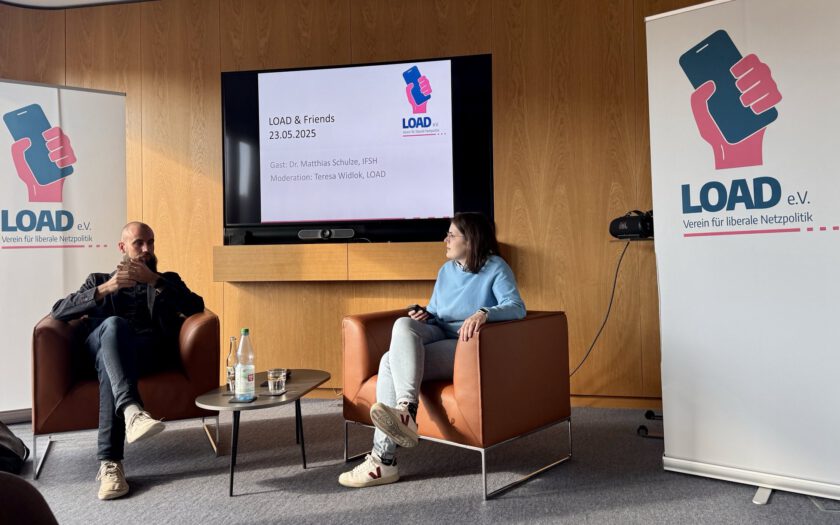
Matthias was invited to speak with LOAD e.V., the association for liberal net politics, about Cyber-Security and EU-Tech Sovereignty under US President Trump. Matthias outlined the possibilities of political denial of services attacks due to the EU dependency on the US tech stack and the looming threat of US tech-authoritarianism. See the coverage of the…
-
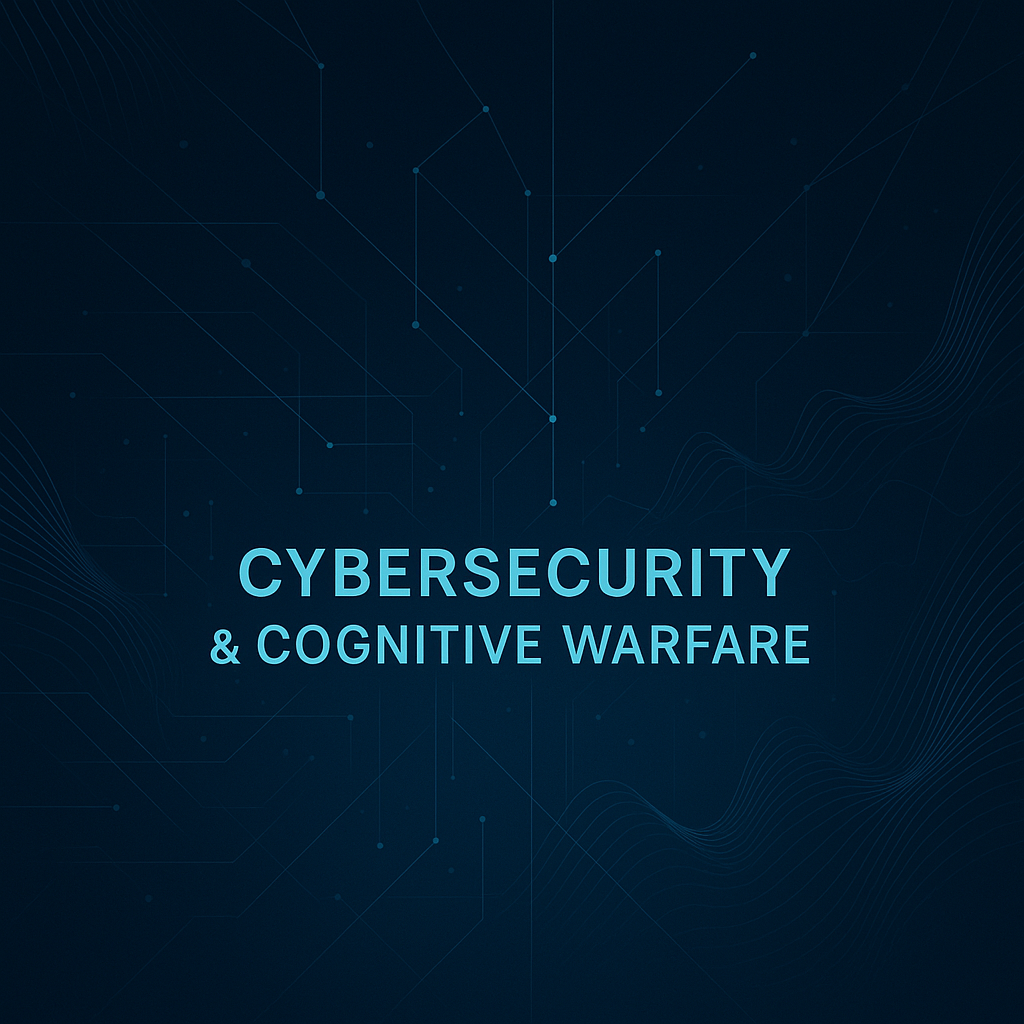
ICS co-organized the workshop for policymakers and researchers on the cybersecurity and cognitive warfare. The workshop was organized together with Konrad Adenauer Stiftung. Thank you very much for an excellent cooperation! Cognitive warfare has emerged as a significant challenge to democratic states and societies, encompassing threats across different domains. It influences, among other things, the…
-
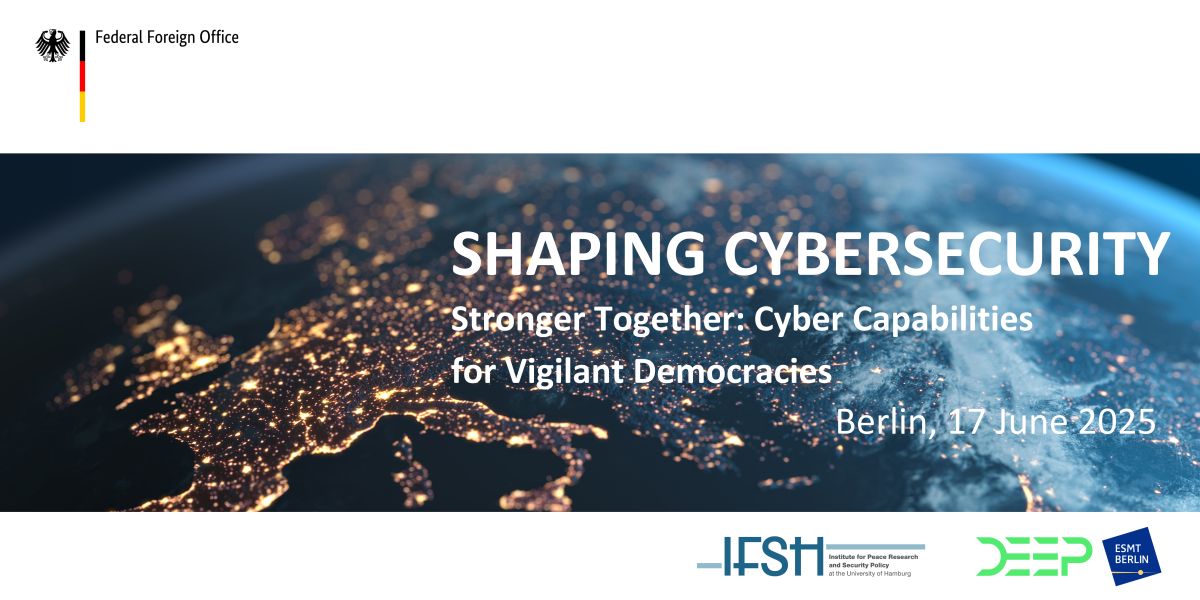
The Shaping Cybersecurity Conference 2025, co-hosted by the German Federal Foreign Office (AA), the Institute for Peace Research and Security Policy (IFSH) and the DEEP – Institute for Deep Tech Innovation at ESMT Berlin are bringing in experts to discuss the topic “Stronger Together: Cyber Capabilities for Vigilant Democracies”. Geopolitical tensions increasingly affect the cyber and digital space. In conflicts,…
-
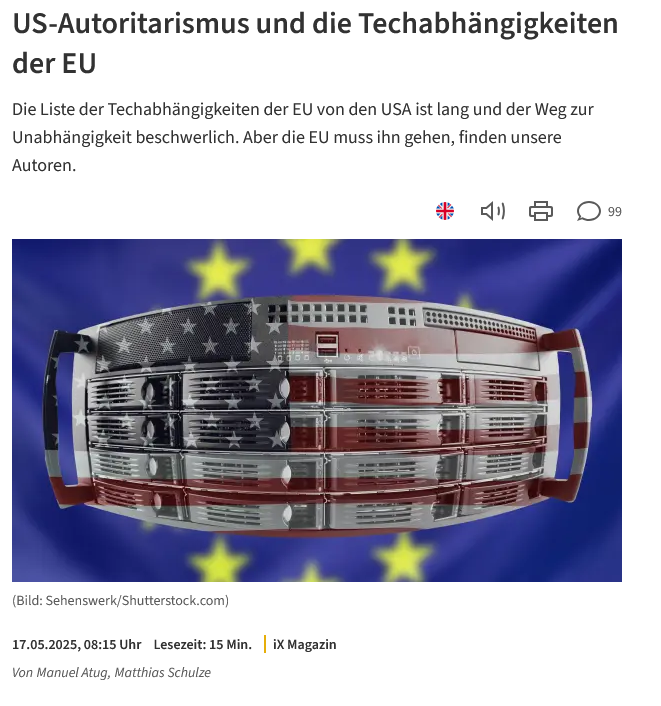
Matthias published an OpEd in the leading German IT-security outlet heise.de. The Op-Ed argues that the European Union faces an unprecedented threat as it is increasingly surrounded by authoritarian powers and can no longer rely on the United States as a partner. With American politics shifting toward authoritarianism, EU nations may soon stand isolated, while…
-
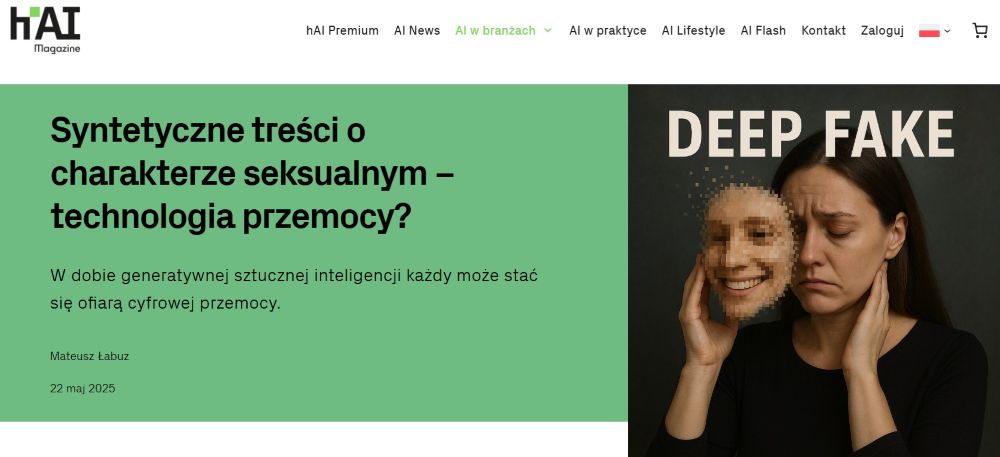
Mateusz Łabuz authored the OpEd titled “Synthetic sexual content – a technology of violence?” (Polish version only). The article was published by hAI Magazine, the biggest Polish newspaper dealing with artificial intelligence. Mateusz argues that in the age of generative artificial intelligence, anyone can become a victim of digital violence. Al it takes is a…
-
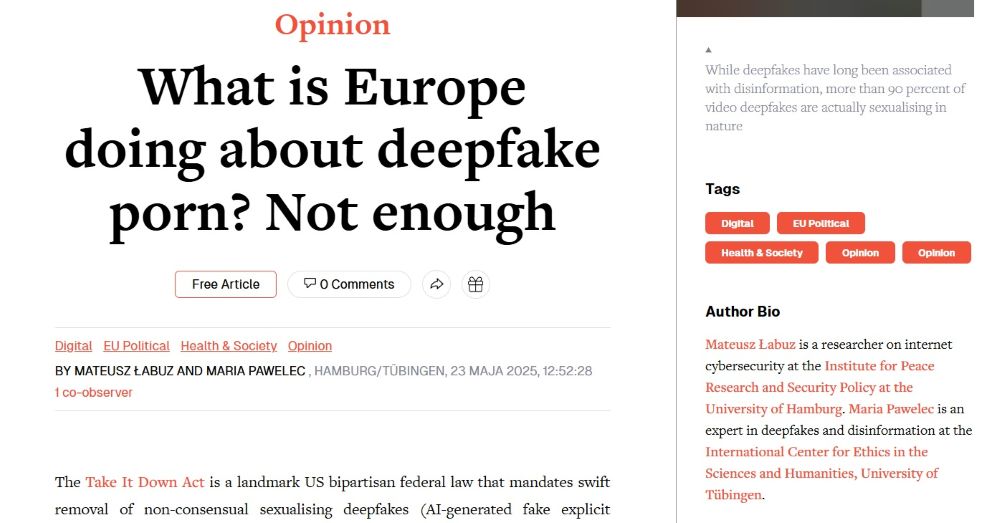
Mateusz Łabuz co-authored the OpEd titled “What is Europe doing about deepfake porn? Not enough”. The OpEd was published by the EUObserver. Together with Maria Pawelec from the University of Tubingen, Mateusz argues that introducing the Take It Down Act in the US (a bipartisan federal law that mandates swift removal of non-consensual sexualising deepfakes,…
-
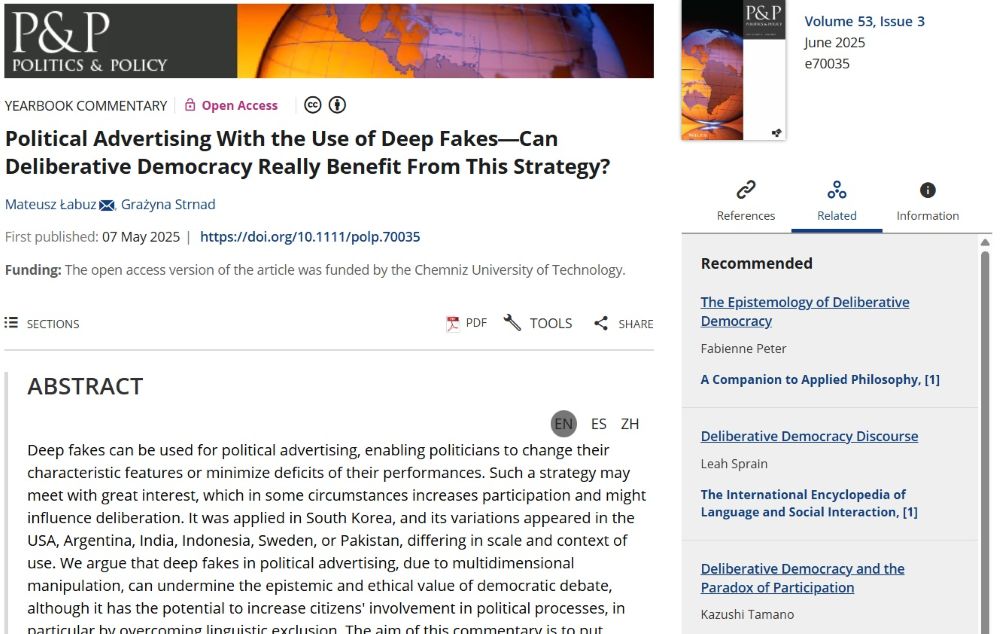
Together with Prof. Grażyna Strnad, Mateusz Łabuz published peer-reviewed article titled “Political Advertising With the Use of Deep Fakes – Can Deliberative Democracy Really Benefit From This Strategy?”. The article was published in the journal “Politics & Policy”. Deep fakes can be used for political advertising, enabling politicians to change their characteristic features or minimize…
-
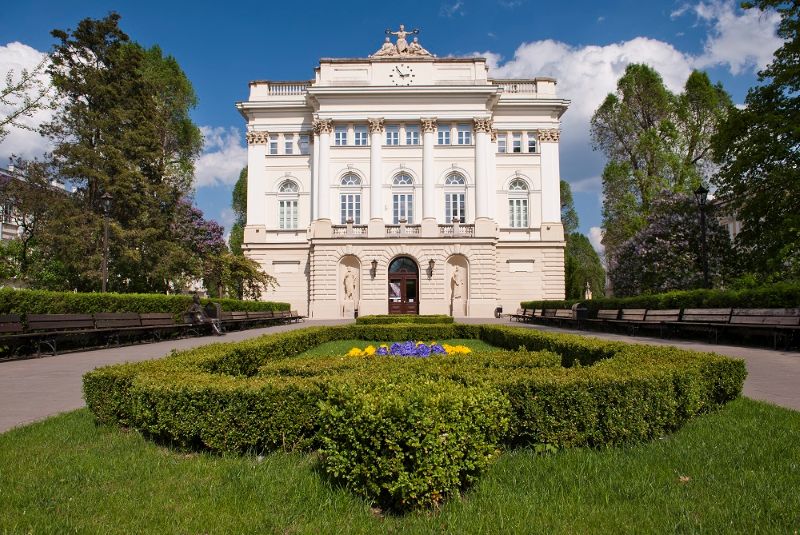
Mateusz Łabuz participated in an event for students at the University of Warsaw, during which he discussed the threats posed by the development of synthetic media. In his presentation, Mateusz highlighted multifaceted challenges, including technical (e.g., breaching biometric security, improving phishing attacks), social (e.g., disinformation, crisis of trust, victimization of individuals and social groups), and…
-
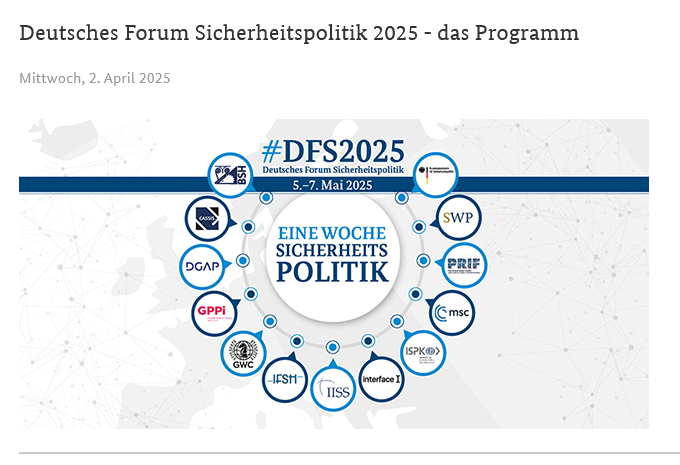
IFSH co-hosted a session for the German Forum Security Politics organized by the Bundesakademie für Sicherheitspolitik (BAKS). It explored how Germany can effectively respond to China’s rapid military buildup across cyber, nuclear, and conventional domains. Matthias Schulze outlined China’s cyber strategy, that encompasses economic espionage, political spying, military cyberwarfare, and domestic surveillance, targeting technology transfer…
-

Mateusz Łabuz co-authored the policy report titled “Non-Consensual Sexualising Deepfakes – Threats and Recommendations for Legal and Societal Action”. The report was published by the CEE Digital Democracy Watch. Together with Maria Pawelec from the University of Tubingen, Mateusz describes how synthetic media have become a tool for producing non-consensual, intimate content, which primarily leads…
Archive
- OpEd on strenghtening social resilience
- “Reverse Brussels effect”? Mateusz’s OpEd in The Loop
- OpEd on AI and why Leo XIV chose this name
- Matthias in podcast “Was ist da los?”
- #1 Und DAS glaubst du?! – Ist Desinformation eigentlich ein neues Phänomen? mit Dr. Matthias Schulze
- ICS activities in the first half of 2025
- Matthias in Table Briefings
- Mateusz has just defended his PhD Thesis!
- Annual Peace Report published!
- Podcast available on recent research activities by Matthias Schulze
- ICS supports research
- Commentary for Tagesspiegel Background
- Part 2: Doing active cyber defense
- Matthias in podcast from Deutschland Funk
- Matthias interviewed by Berlin Security Beat
- Comment for Tagesspiegel article
